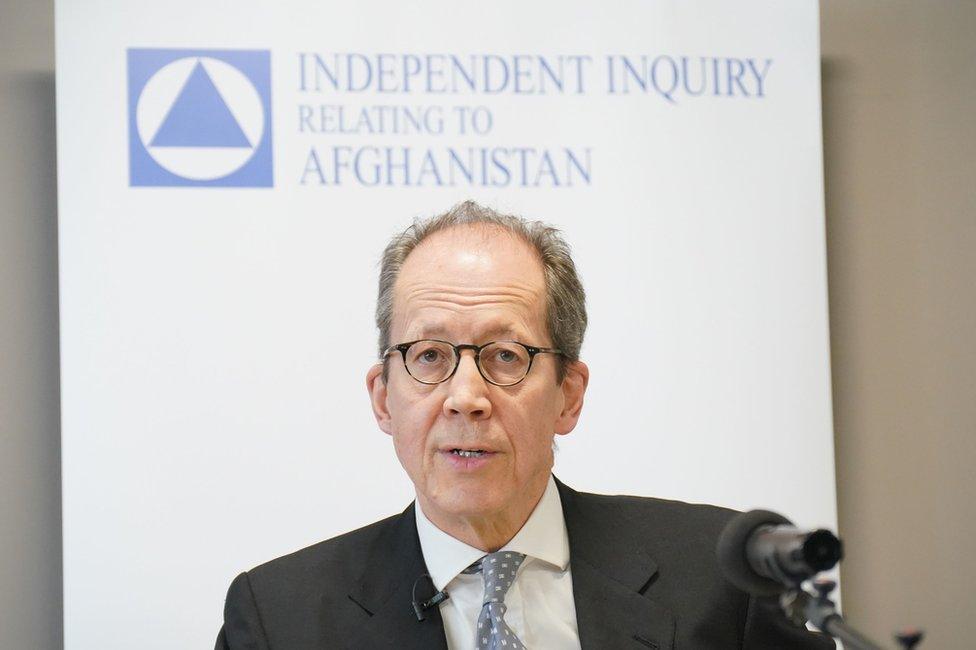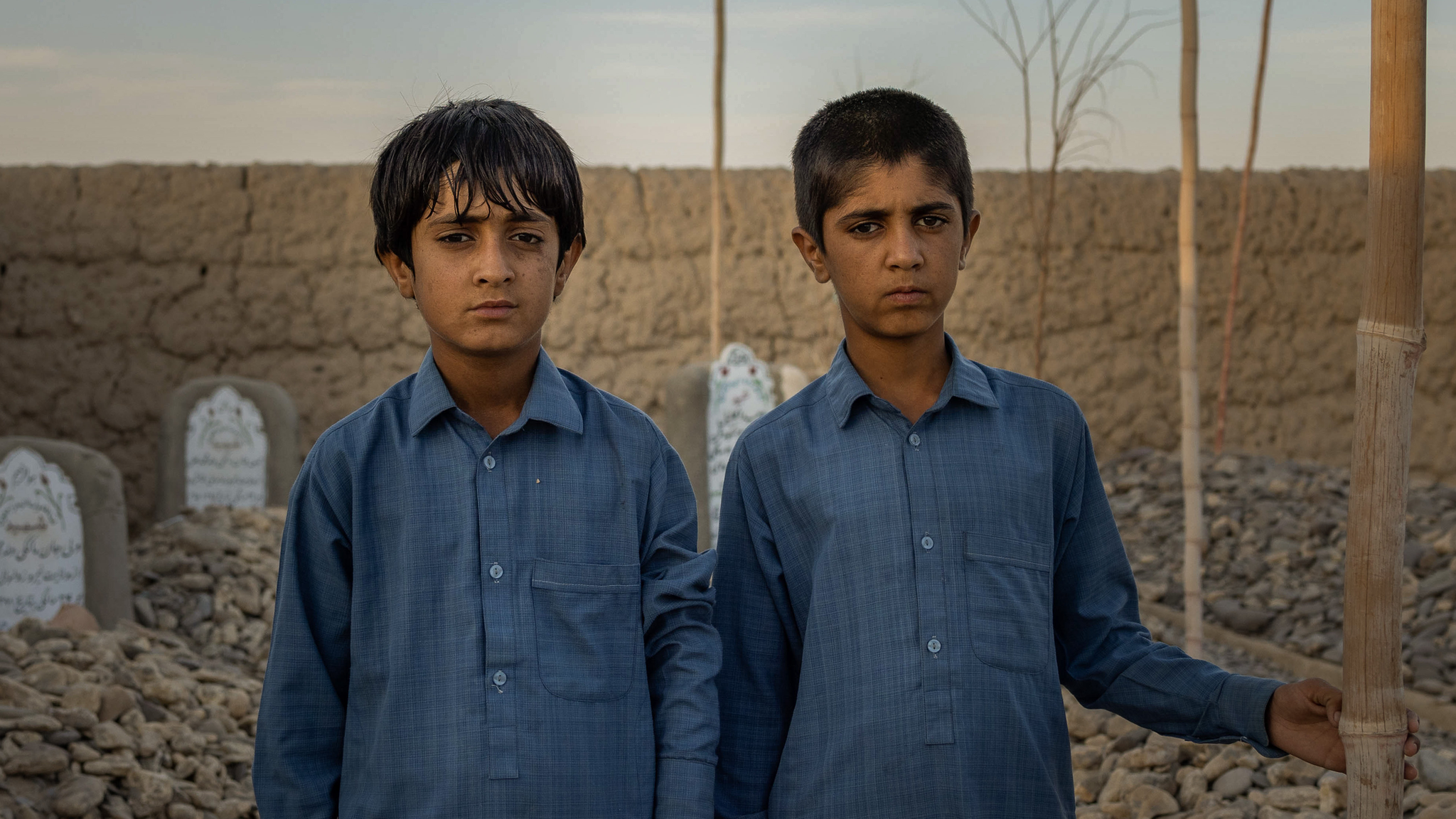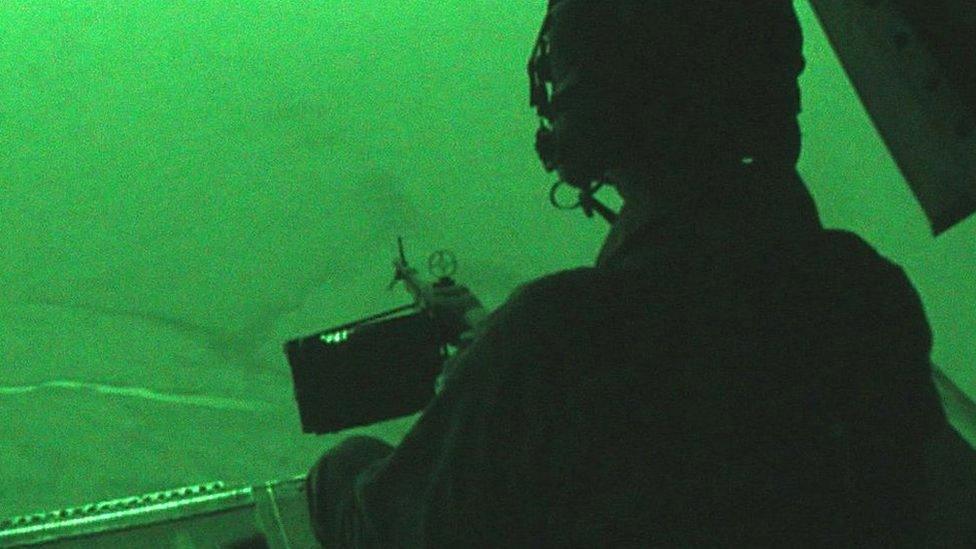Afghan unlawful killings inquiry ‘critical to restoring reputation of armed forces’
- Published

Lord Justice Haddon-Cave has stepped down from his role as a judge to lead the inquiry
The inquiry into allegations of unlawful killings by UK special forces in Afghanistan is critical to "restoring the reputation of the military and the country", its chair has said.
Lord Justice Haddon-Cave called the allegations "extremely serious".
The inquiry will look into night raids carried out by UK special forces between mid-2010 and mid-2013.
It will examine both allegations of killings and of subsequent cover-ups.
The inquiry will look specifically at night raids known as Deliberate Detention Operations (DDOs), which were carried out by special-forces units.
It comes after what the judge described as "significant reporting" by the BBC's Panorama programme last year, which revealed that one British SAS squadron may have unlawfully killed at least 54 Afghans during one six-month tour.
The inquiry also follows legal challenges brought by two families of people killed by British forces in DDOs.
Launching the inquiry on Wednesday, Lord Justice Haddon-Cave called for anyone with relevant information to come forward.
"It is clearly important that anyone who has broken the law is referred to the relevant authorities for investigation, and equally, those who have done nothing wrong should rightly have the cloud of suspicion lifted from them," he said.
Lord Justice Haddon-Cave said many of the inquiry's hearings would have to be held in private because of the "highly sensitive" nature of the testimony.
Abdul Aziz Uzbakzai, an Afghan farmer whose son and daughter-in-law were killed by British special forces during a night raid in 2012 and whose grandsons Imran and Bilal were gravely wounded in the operation, told the BBC the inquiry "cannot bring back my son and daughter-in-law, nor can it bring Imran and Bilal's parents back to them".
"But after 11 long years, I still want the British soldiers and other officials to come forward and reveal the truth," Mr Uzbakzai said.
"We are still unaware of why we were targeted, and we long to know why."

Do you have information about this story that you want to share?
Get in touch using SecureDrop, a highly anonymous and secure way of whistleblowing to the BBC which uses the TOR network.
Or by using the Signal messaging app, an end-to-end encrypted message service designed to protect your data.
SecureDrop: http://kt2bqe753wj6dgarak2ryj4d6a5tccrivbvod5ab3uxhug5fi624vsqd.onion/
Signal: 07714 956 936
Please note that the SecureDrop link will only work in a Tor browser. For information on keeping secure and anonymous, here's some advice on how to use SecureDrop.

Tessa Gregory, a partner at law firm Leigh Day, which has represented some of the family members of those killed on DDOs, said the firm's clients welcomed the launch of the inquiry.
"Throughout years of secrecy and cover-ups our clients have fought tirelessly for justice for their loved ones' deaths and they hope that a bright light will now be shone on the practices and command of UK special forces in Afghanistan," Ms Gregory said.
In 2014, the Royal Military Police launched Operation Northmoor, an investigation into the allegations of unlawful killings, but it was formally closed in 2019 with no charges.
The Ministry of Defence (MoD) said at the time that no evidence of criminality had been found, despite Operation Northmoor having more than 600 alleged offences in its scope.
Royal Military Police investigators told the BBC last year their efforts to gather evidence during Operation Northmoor had been obstructed by the British military, and they disputed the MoD's statement that no evidence of criminality had been found.
As well as the underlying allegations of unlawful killings, the inquiry, external will examine whether the actions of the MoD and investigations by the Royal Military Police were adequate.
The MoD told the BBC on Wednesday it was also encouraging anyone with information to come forward to the inquiry. A spokesperson said it was not appropriate for the MoD to comment further "on cases which are within the scope of the Statutory Inquiry", adding that it was "up to the Statutory Inquiry Team, led by Lord Justice Haddon-Cave, to determine which allegations are investigated".
Labour's shadow defence secretary, John Healey, said: "This special inquiry is welcome and must succeed."
He added: "This cannot be swept under the carpet."
- Published14 December 2022

- Published12 July 2022
